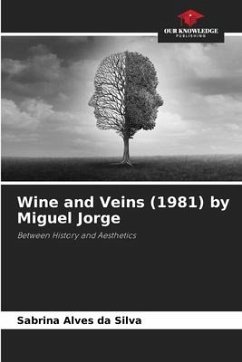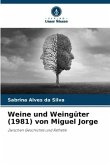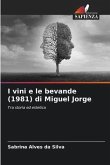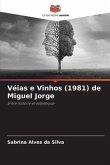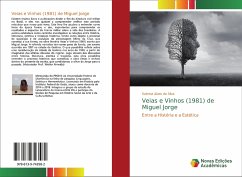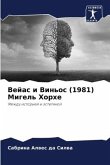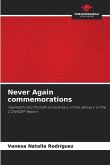There have been many books and publications since the end of the military dictatorship in Brazil, and they help us to better understand this nebulous period that our country lived through. This book will help you understand how books from the time were, and are, important to understand the results and impacts of military tyranny on the lives of Brazilians. The author establishes as an investigative path the relations between History, literature, aesthetics and historical reception, having as object the process of suspicion and accusation of the character Altino da Cruz, which constitutes his form, in the literary work Veias e Vinhos (1981) written by Miguel Jorge. This narrative has as its backdrop an event that occurred in 1957 in the city of Goiânia. This makes it possible to reflect on a re-elaboration of the city of Goiânia in the 1950s, from the imaginary of the last decades of the regime. Therefore, through the discussions between history, literature, aesthetics and tragedy, this work makes it possible to understand the historical process that constituted the work (Veias e vinhos) within the present of writing, which conditioned Jorge's gaze to the past. (Historian Prof. Weiller Almeida).
Bitte wählen Sie Ihr Anliegen aus.
Rechnungen
Retourenschein anfordern
Bestellstatus
Storno

